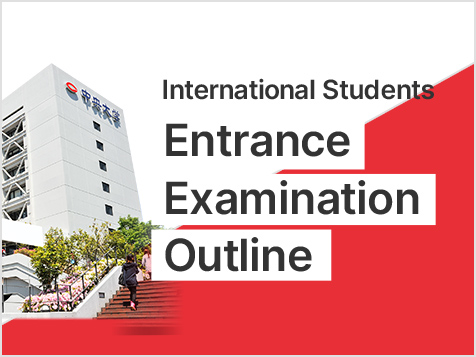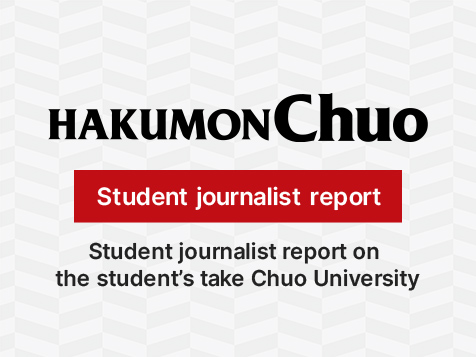Comparative Law Culture Project
Research Results Expected
(1) Research to investigate and understand the diversity of legal systems
The first targeted outcome is to set a standard to clarify the diversity of legal systems based on international research cooperation, and then to establish the reference model (a model that can explain the research that was subsequently undertaken by differences from the research results of this Project) in this research area. The second targeted outcome is to perform empirical investigation in respect of the diversity in each specific area of (a) – (c) above, and describe the existing legal systems including relationship with the underlying culture.
(2) Research to establish “Comparative Law Database”
The targeted outcome is to describe the legal environment for (a) – (c) above in the relevant six jurisdictions in English (and Japanese) and to develop an infrastructure which researchers and practitioner can use. This includes steps to first, properly design the comparison items (item of database) and establish the reference model of legal database following the research outcome stated in (1) above, and second, make the established database available to researchers and practitioners (business, legal sector, government negotiation, etc.). This would decrease the time and financial costs for researchers to obtain basic materials necessary for their comparative research and allow them to concentrate on research of content of law, and would also enable practitioners to mitigate risks of contract default or litigation arising from ignorance or misunderstanding of diversity of law in the international transaction and data transfer practice.
(3) Research of measure of convergence
For example, in the area of data privacy, EU shows a strong tendency to require compliance with EU law, not convergence (EU does not permit transfer of personal data from EU to a jurisdiction if EU is not satisfied that the jurisdiction has at least equivalent level of data protection to that of EU law). Although this is one of the methods to ensure privacy, a discussion of “at least equivalent level” cannot be applied to a jurisdiction which has difference concept of privacy, and this could cause a dispute that EU law is an invasive system against its own legal culture. It is necessary to clarify which issues need to be coordinated based on legal environment of the relevant jurisdictions, and to present specific convergence measure in the form of research paper, contract model, draft government negotiation or computer system. The first expected outcome from these steps is the provision of infrastructure to avoid unnecessary conflict and cost increase. For example, understanding specific risk with respect to transfer of personal data, instead of abstract “privacy risk” would be the basis for reasonable legal act. Secondly, it can also be expected that the legal system and legal operation which involve relatively small risk would be clarified through visualization process, and thereby convergence of laws is facilitated. Alternative measure should be presented against the current situation where laws of “large countries” are often forced in practice and legal practice that is inconsistent with reasonableness or “rule of law” exists. Thirdly, if such research outcomes are obtained, same exercise may be made for issues other than the three topics in this Project. The constructive goal of the research is to reinforce and stabilize the “rule of law” in Asia-Pacific region.
In order to undertake the above research, cooperation with foreign partner researchers / research institutions in Asia-Pacific region is essential especially in relation to (1), and stable infrastructure for the operation of established database is required in relation to (2). The representative researchers have obtained informal consent from the Asian Institute of International Finance Law (University of Hong Kong), Centre for Cross-Border Commercial Law in Asia (Singapore Management University), and Asian Law Center (University of Melbourne) as foreign partners, and have obtained informal consent for cooperation individually from foreign researchers stated in “Project Implementation Structure”. In addition, we commenced negotiation for joint research or grant of license with Westlaw Japan K.K., which belongs to Thomson Reuters group, one of the biggest legal information DB venders in the world, which has collaborative relationship with our university.
Further, in order to clarify the measurement method of achievement level, following five goals are set as the target for the first three years: (1) establish standard to compare the diversity in the three topics; (2) complete 70% of investigation of individual topic based on such standard; (3) enter the results into the comparative law database and start test-operation of database; (4) publish investigation and research concerning differences in underlying legal cultures; and (5) publish research papers, etc. concerning establishment of standard towards clarification of diversity of law. Target interim outcome is to hold a symposium where issues are discussed such as visualization of diversity of law in Asia-Pacific region and measures to perform research towards convergence using the research results, and to ensure that the availability of the research is recognized by Japanese and foreign researchers, legal practitioners and legal officers in private companies. To measure the research outcomes in the third year, we will receive evaluation on such availability from external reviewers and participants to symposium (qualitative evaluation) in addition to the progress level of establishment of above database (quantitative evaluation). In the fourth and fifth years, we aim to adjust and develop the comparative law database based on opinions from the symposium and external reviewers, and to enter data for 100% of planned compare items. In the fifth year, we aim to hold symposium again and commence research for measures towards constructive convergence based on the outcome from the research. Standard for the quantitative evaluation is that, in the β test of database during and after the fourth year, we grant royalty-free usage license to at least 70% of universities and graduate schools having legal research section in Japan, and that, after the end of the fourth year, we procure the costs necessary for the maintenance of the database by allowing them to use the database as commercial database contents.









